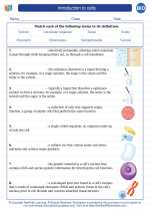Pest Control
Pest control is the management and regulation of pests, such as insects, rodents, and weeds, that pose a threat to human health, agriculture, and the environment. Effective pest control strategies aim to minimize the damage caused by pests while minimizing the use of harmful chemicals and maintaining ecological balance.
Types of Pests
- Insects: Common insect pests include mosquitoes, flies, cockroaches, and termites.
- Rodents: Rats and mice are common rodent pests that can spread diseases and cause damage to property.
- Weeds: Unwanted plants that compete with crops for nutrients, water, and sunlight.
Methods of Pest Control
There are several methods of pest control, each with its own advantages and limitations:
- Biological Control: The use of natural predators, parasites, or pathogens to control pest populations.
- Chemical Control: The use of pesticides and herbicides to kill or repel pests.
- Cultural Control: Practices such as crop rotation, planting resistant varieties, and maintaining proper sanitation to reduce pest populations.
- Mechanical Control: Physical methods such as trapping, mulching, and tillage to manage pests.
- Genetic Control: The use of genetically modified organisms (GMOs) to reduce pest damage.
Environmental Impact
While pest control is necessary to protect human health and food supplies, it can also have unintended consequences on the environment. Chemical pesticides, for example, can harm non-target organisms and pollute water sources. Integrated Pest Management (IPM) is an approach that combines various pest control methods to minimize environmental impact while effectively managing pest populations.
Study Guide
When studying pest control, it is important to understand the biology and behavior of common pests, the ecological impact of different pest control methods, and the principles of integrated pest management. Here are some key topics to focus on:
- Identify and describe common pest species and their life cycles.
- Compare and contrast the advantages and disadvantages of different pest control methods.
- Explain the concept of integrated pest management and its role in sustainable agriculture.
- Analyze case studies of successful pest control strategies and their impact on human health and the environment.
◂Biology Worksheets and Study Guides High School. Introduction to cells
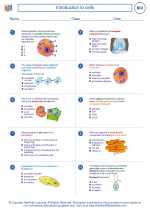
 Worksheet/Answer key
Worksheet/Answer key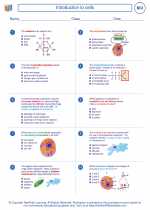
 Worksheet/Answer key
Worksheet/Answer key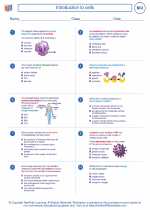
 Vocabulary/Answer key
Vocabulary/Answer key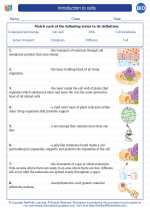
 Vocabulary/Answer key
Vocabulary/Answer key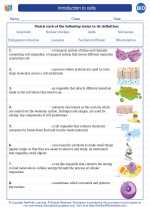
 Vocabulary/Answer key
Vocabulary/Answer key
 Vocabulary/Answer key
Vocabulary/Answer key